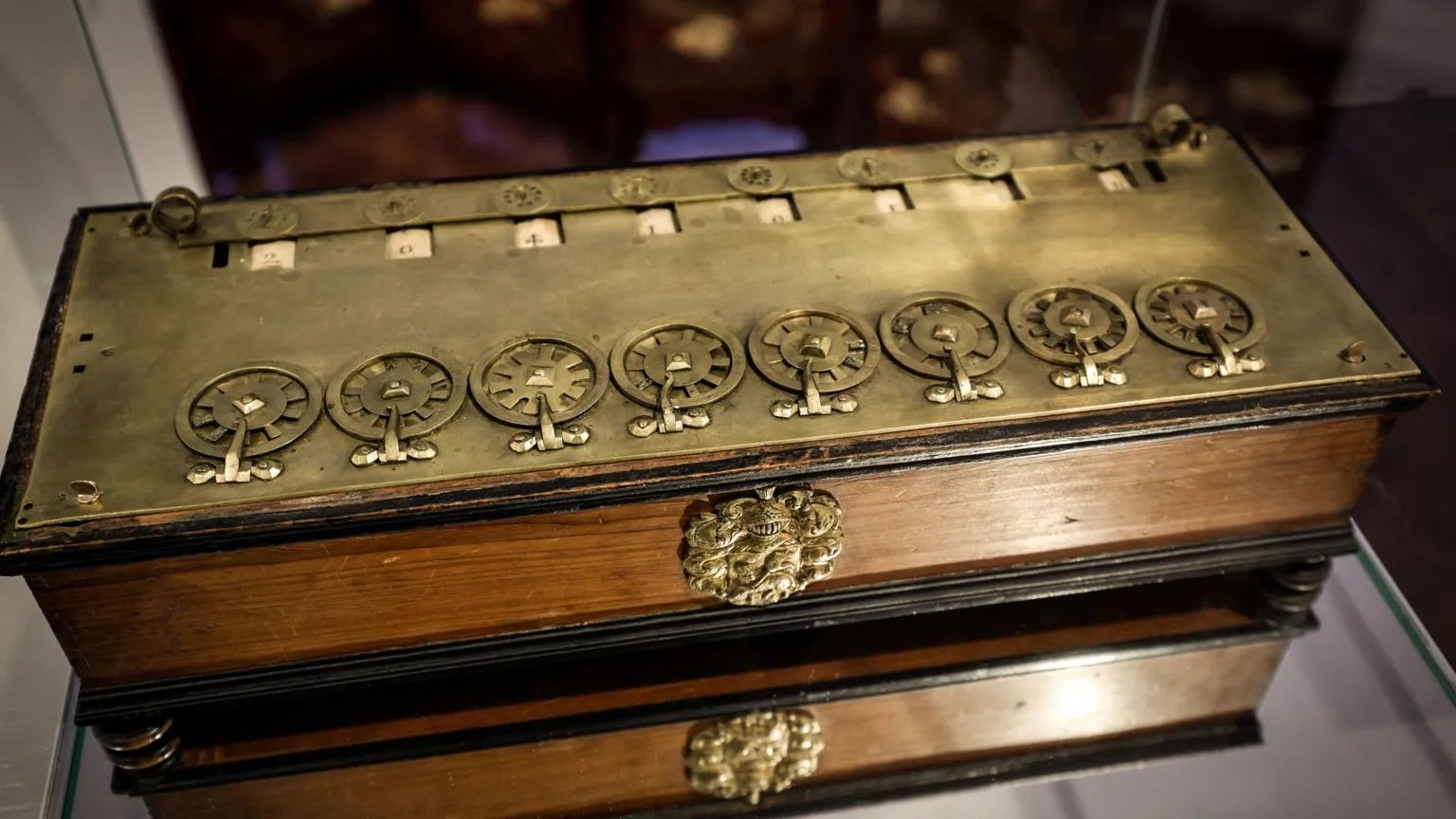Paris court temporarily suspends sale of the world’s first calculator: what is known
20 November 21:55
The planned auction of one of the world’s first computing machines, the La Pascaline machine created by Blaise Pascal in 1642, has been temporarily canceled.
The Paris Administrative Court blocked the sale after complaints from scientists and historians who insist on granting this object the status of a “national treasure” and protecting it as part of the cultural heritage. This was reported by the BBC, "Komersant Ukrainian" reports.
Christie’s auction house has confirmed that the auction will not take place. According to preliminary estimates, the calculator could fetch between €2 million and €3 million, and Christie’s called it “the most important scientific instrument ever to be auctioned.”
La Pascaline was developed by Pascal at the age of 19 and became the world’s first mechanical calculator. Only nine such machines are known to exist, making it a rare and valuable piece of scientific history.
The machine was part of the collection of Catalan collector Leon Parce. Along with it, they planned to put up for auction Pascal’s philosophical works, including Thoughts and the first edition of Pascal’s Wager.
The court drew attention to the certificate of the French Minister of Culture, which authorized the sale in May. The certificate was signed by two experts, including a representative of the Louvre. The judge noted that there were “serious doubts” about the legitimacy of this document, which became the basis for a temporary blockade of the auction.
Thus, the fate of the historic calculator remains uncertain, and the scientific community is seeking to have La Pascaline declared a national treasure, which would make it impossible to sell it to private collectors.
This case highlights the difficulty of balancing private collecting interests with the protection of cultural heritage, as well as the role of the judicial system in protecting historical artifacts.









